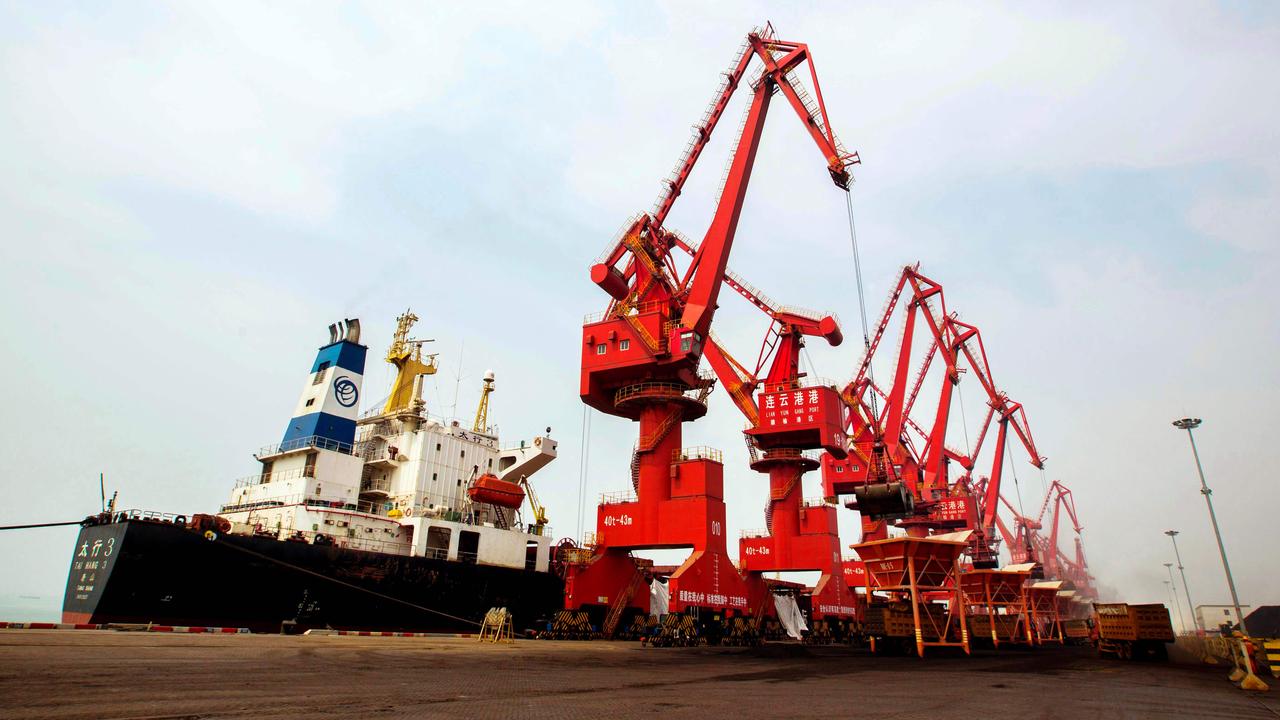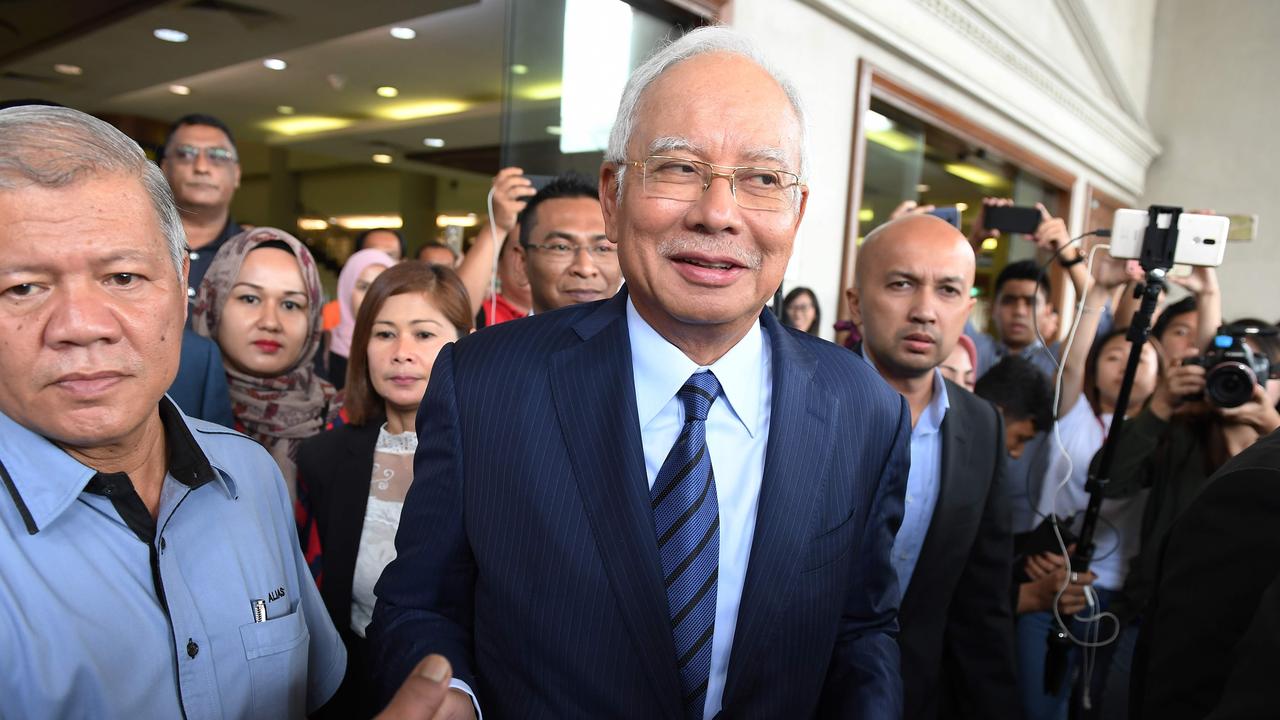US, China go hard on software
A YEAR on from the “no-necktie” summit at Sunnylands, cyberhacking is wreaking havoc on the countries’ business relationships.
A YEAR on from the “no-necktie” summit at Sunnylands ranch in California, where cyberhacking preoccupied US and Chinese presidents Barack Obama and Xi Jinping, the issue is wreaking havoc on the countries’ business relationships.
Naturally, the rest of the world is watching the slow-motion crash with concern.
The two components of the Chinese character for crisis famously comprise ideograms for danger and opportunity. But in this case the likelier outcome is lose-lose.
The latest round began with Beijing banning central government agencies from using Microsoft’s Windows 8 platform — even though indigenous rivals have failed to attract significant custom even inside China. Windows 7 remains available, and its government users continue to be serviced by Microsoft.
Soon after this ban, the US Justice Department indicted five People’s Liberation Army officers for stealing corporate secrets, including from Alcoa, US Steel and Westinghouse. The FBI placed the Shanghai-based soldiers on its Most Wanted list.
Beijing not only rejected the claims made in the indictments, with the Global Times calling the US “a mincing rascal”, it fought back. To protect “public interest”, in the face of claimed hacking from the US, Beijing instructed all public bodies to avoid American technology.
Last Thursday, China announced that from June 17 it would raise the threshold on non-sensitive foreign investment that requires central government approval to $324 million from $108m. But at the same time the National Development and Reform Commission said “a security review should be carried out on foreign investments that involve national security”.
The State Internet Information Office added some detail, announcing a new screening process to vet imported IT products.
Last weekend, the Financial Times’ Beijing bureau chief, New Zealander Jamil Anderlini, revealed that “China has ordered state-owned enterprises to cut ties with US consulting companies such as McKinsey and Boston Consulting Group because of fears they are spying on behalf of the US government”.
A senior policy adviser to Chinese leaders explained that “the top leadership has proposed setting up a team of Chinese domestic consultants who are particularly focused in information systems, in order to seize back this power from the foreign companies … Right now the foreigners use their consulting companies to find out everything they want about our state companies.”
The global consultancies retain significant business from international corporations and from some private Chinese firms, and so are unlikely to consider leaving China. But the clampdown is a blow. And it may prove actionable under the World Trade Organisation insofar as it affects state-owned enterprises — although China is not yet a party to the WTO’s government procurement agreement, and Beijing would probably cite national security as a justification.
Shares in CCID, a Chinese state-owned consultancy, rose after news emerged of the crackdown on US consulting firms. And Chinese telecommunications giant Huawei will be another likely beneficiary.



